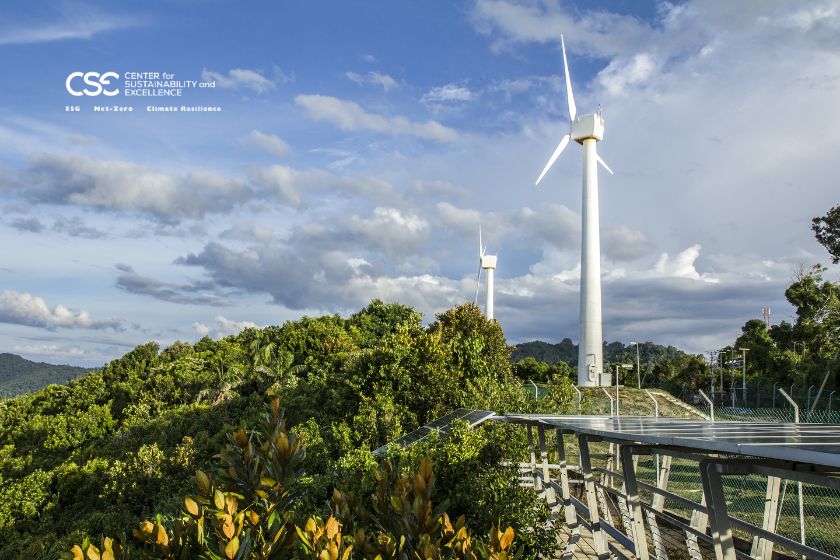The Impact of Asian Green Taxonomies development across the region presents a complex landscape, with varying degrees of rigor and standards. These taxonomies, designed to classify sustainable economic activities, have significant implications not only within their originating countries but also for businesses in the Middle East and North Africa (MENA) region.
Understanding the Impact of Asian Green Taxonomies
Green finance taxonomies serve as frameworks that define which economic activities are considered environmentally sustainable. In Asia, the approach to these taxonomies varies:
- Singapore: Singapore’s taxonomy is noted for its comprehensiveness, covering a broad range of sectors with detailed thresholds and technical screening criteria. It sets stringent quantitative criteria, classifying only activities with lifecycle emissions under 100 grams of carbon dioxide per kilowatt-hour (gCO₂e/kWh) as green.
- Indonesia, Malaysia, and the Philippines: These countries have adopted less rigorous, principles-based taxonomies. While they provide guidelines for sustainable activities, they lack the detailed metrics found in Singapore’s framework.
The Association of Southeast Asian Nations (ASEAN) has also developed a taxonomy that introduces a three-tiered system to categorize activities into green (compliant), amber (transitioning), and red (non-compliant). This approach acknowledges the diverse economic landscapes and transition needs of its member states.
Implications for MENA Businesses
The varying standards of Asian taxonomies can influence MENA businesses in several ways:
- Investment and Financing: Asian investors and financial institutions may apply their domestic taxonomy standards when evaluating international projects. MENA businesses seeking investment from these entities might need to align with the specific sustainability criteria outlined in these taxonomies.
- Supply Chain Dynamics: As Asian companies adhere to their national taxonomies, they may require their suppliers, including those in the MENA region, to comply with certain environmental standards. This could lead MENA businesses to adopt more sustainable practices to maintain commercial relationships.
- Competitive Advantage: MENA businesses that proactively align with the more stringent Asian taxonomies, such as Singapore’s, may gain a competitive edge. Demonstrating compliance with rigorous sustainability standards can enhance reputation and open doors to new markets and partnerships.
Challenges and Considerations
The lack of uniformity in and impact of Asian Green Taxonomies presents challenges:
- Complex Compliance Requirements: MENA businesses operating across multiple Asian markets may face difficulties adhering to different sustainability criteria, leading to increased compliance costs.
- Risk of Greenwashing: Less stringent taxonomies may allow for activities that are not genuinely sustainable to be classified as green, posing reputational risks for MENA businesses associated with such practices.
Strategic Recommendations for MENA Businesses
To navigate the complexities of Asian taxonomies effectively, MENA businesses should consider the following strategies:
- Conduct Thorough Assessments: Evaluate which Asian markets are most critical to your operations and understand the specific taxonomy requirements of those countries.
- Align with Best Practices: Aim to meet the highest standards among the relevant taxonomies. This not only ensures compliance across multiple markets but also signals a strong commitment to sustainability.
- Engage with Stakeholders: Maintain open communication with Asian investors, partners, and regulators to stay informed about evolving taxonomy standards and expectations.
- Implement Robust Reporting: Develop transparent reporting mechanisms to demonstrate compliance with the applicable taxonomies, thereby building trust with stakeholders.
By proactively engaging with the diverse landscape of Asian green finance taxonomies, MENA businesses can position themselves as leaders in sustainability, fostering stronger international partnerships and ensuring long-term success.
Why ESG Training is Essential for MENA & Africa Businesses
Understanding and navigating global taxonomies is not just about compliance—it’s about future-proofing businesses. The MENA-Africa | Certified Sustainability (ESG) Practitioner Program equips professionals with the expertise to:
- Interpret evolving sustainability taxonomies from Asia, Europe, and beyond
- Align business strategies with international ESG standards for investment readiness
- Develop sustainable supply chain management practices
- Position businesses as leaders in the green economy
Asian taxonomies continue to influence global finance and trade. Therefore, MENA businesses that prioritize ESG knowledge and implementation will be best positioned for growth. Joining the program ensures your business is not just reactive but ahead of the curve.
Secure Your Spot in the MENA-Africa ESG Training Program Today!







